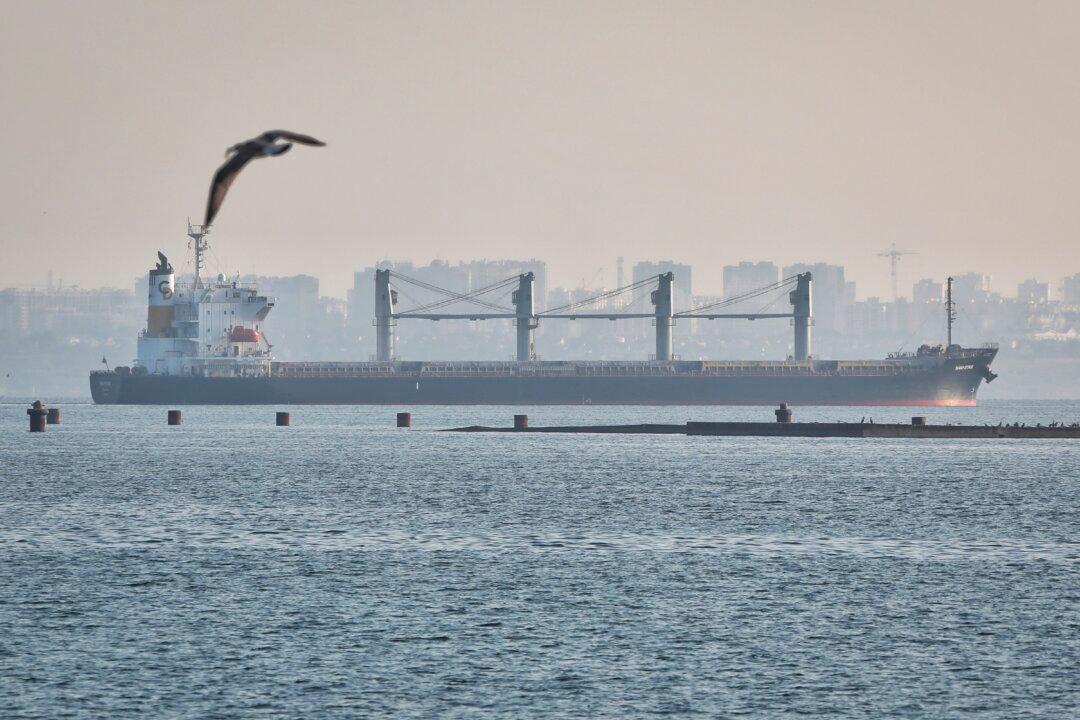Three more ships carrying thousands of tons of corn left Ukrainian ports Friday and traveled mined waters toward inspection of their delayed cargo, a sign that an international deal to export grain held up since Russia invaded Ukraine was slowly progressing.
Two of the three ships are anchored north of Istanbul on Saturday and awaiting inspection, the Turkish Defense Ministry said.





